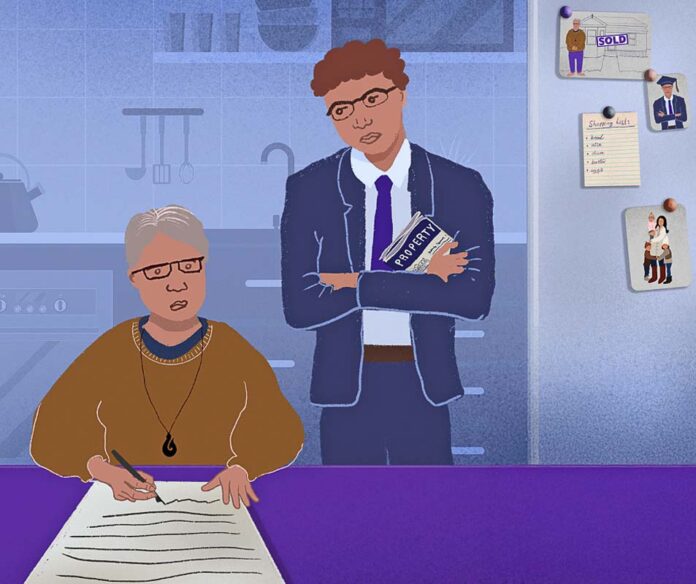Globally, around one in six people aged over 60 years will experience elder abuse each year. Yet many cases remain hidden because the signs can be subtle, and talking about elder abuse can feel uncomfortable.
Hidden signs make elder abuse hard to detect
A major challenge is that elder abuse often goes unnoticed. Recent research from Otago Medical School highlights just how easily genuine cases can slip under the radar.
Researchers examined the interRAI Home Care assessment tool, widely used across New Zealand to determine eligibility for publicly funded care.
They discovered that standard screening methods identified clear signs of elder abuse in only 2.5% of assessed cases over nine years. Compared to global figures, this indicated many cases were being missed.
Trust your instincts
The researchers trialed a small but important change: introducing an ‘Unable to Determine Abuse’ category. This allowed assessors to flag cases they felt uneasy about but lacked concrete proof that abuse was happening.
The adjustment almost doubled the identification rate, raising it to nearly 6%. Crucially, the older people identified using this updated method shared common risk factors with confirmed cases, highlighting the importance of acting on suspicions, even when unsure.
By improving how we identify elder abuse and understanding common risk factors, we can reach people sooner and provide better support.
Know the signs of abuse
Elder abuse isn’t only physical, it also includes psychological abuse, financial exploitation, and neglect. Key signs can include:
- Unexplained fear or anxiety, particularly around certain people
- Increased social withdrawal, depression, or expressions of hopelessness
- Changes in eating or sleeping habits
- Unexplained injuries, poor hygiene, or signs of neglect
- Sudden changes in financial situations.
Some things can increase the risk of elder abuse, including being isolated, poor health, difficult family relationships, problems with memory or decision-making,
and relying heavily on others for daily care.
Anyone can experience abuse, so knowing these risk factors is important.
Where to find help
If you are experiencing abuse, are concerned about someone else, or simply want to learn more, confidential support and information are available. Trust your instincts – if something feels wrong, reach out.
For immediate help or support call the Elder Abuse Response Service: 0800 326 6865 (0800 EA NOT OK).

